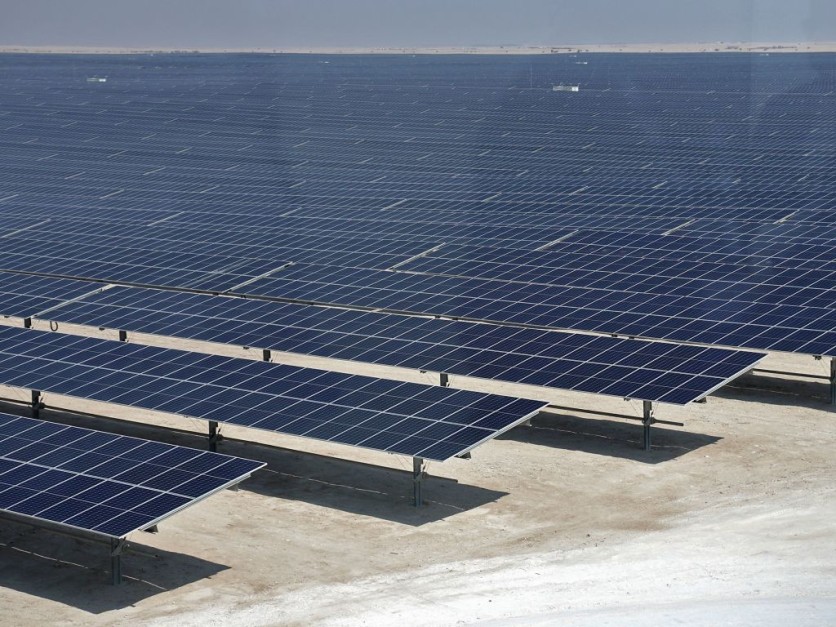In an effort to increase renewable energy and address critics who want incentives to be distributed more fairly, California officials on Thursday altered their proposal of giving credits for rooftop solar installations, according to a report by Reuters.
The new proposal excludes a monthly fee for solar houses to connect to the grid, providing hundreds of millions of dollars in extra subsidies for low-income users. Critics claim that this effectively benefits wealthier Californians who control the majority of the renewable energy system.

Net Energy Metering
Regulators suggested changes to the "net energy metering," a state regulation that awards credits to solar energy consumers for generating extra electricity and transferring it back to the grid.
The California Public Utilities Commission (CPUC) stated that the plan will not have an impact on current home solar owners and will keep their present compensation.
In order to fund the expense of maintaining the infrastructure, it abandoned an earlier proposal from December of last year that would have charged Californians with new solar installations a whopping $8 per kilowatt each month.
The proposal would, however, also lower export rates, or credits that customers earn for reselling any excess solar energy to utilities, according to Reuters.
The California Solar & Storage Association (CALSSA), a business organization for the clean energy sector, stated that although the solar industry is still evaluating the proposed decision, based on an initial assessment it would reduce the average export rate in California from $0.30 per kilowatt to $0.08 per kilowatt.
Solar Tax
The CALSSA said that the new proposed plan still needs more work or it will supplant the solar tax with a sharp solar decline.
"It is extremely disappointing that under this proposal, low-income families and all customers without solar will continue to pay a hidden tax on their electricity bills to subsidize rooftop solar for mostly wealthier Californians," Kathy Fairbanks, Affordable Clean Energy for All spokesperson, said in a statement with Reuters.
The CPUC has earlier defended its plans by claiming that it intends to promote battery storage so that surplus energy can be stored rather than sold.
The state has set a goal to produce 90% of its electricity from clean sources by 2035, but its grid is still struggling to recover from this year's record-breaking heat waves, as per Reuters.
An additional $900 million has been included in the CPUC's new policy plans to assist battery and solar systems, primarily for low-income users.
The CPUC will decide whether to approve the plan on December 15. In the event that it is adopted, it would take effect on April 15, 2023.
Related Article : How Engie's Startup Solar AI Technologies Uses Affordable Models To Make Solar Energy Accessible
This article is owned by Tech Times
Written by Jace Dela Cruz
![Apple Watch Series 10 [GPS 42mm]](https://d.techtimes.com/en/full/453899/apple-watch-series-10-gps-42mm.jpg?w=184&h=103&f=9fb3c2ea2db928c663d1d2eadbcb3e52)



